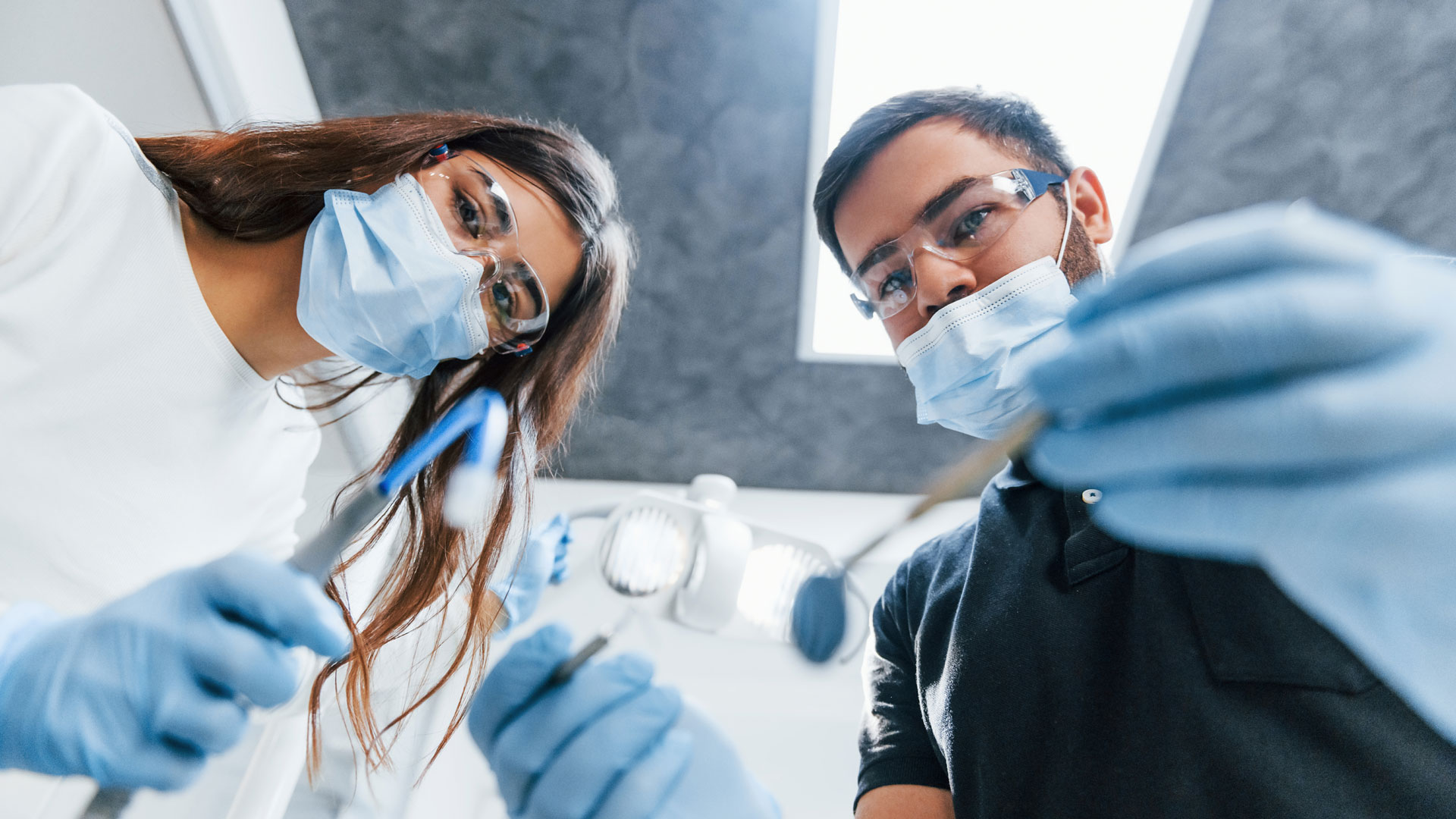If your client has commissioned a healthcare market research project that includes specific adverse event (AE) reporting guidelines, you’ll need a fieldwork partner with a robust and accurate reporting system to make sure nothing is missed.
Skilled moderators play an important role in identifying such occurrences during qualitative research. However, what happens in quant when projects involve online self-completion questionnaires where no interviewer is present?
At m360 Research, we combine both automated and manual processes to monitor, collect, and report AEs in online surveys. By employing this hybrid approach, we leverage the power of the latest programming and coding technologies, without losing the personal touch, which is key to protecting the safety and well-being of respondents.
According to m360 Research’s Associate Director Dr. Deepali Desai, “when adverse events are not reported accurately or are underreported, it delays efforts to improve the safety of patients and workers, and distorts results, as the reporting is incomplete”. To ensure that even non-harmful incidents are reported, Deepali provides valuable tips on programming AE indicators in future online questionnaires, facilitating easier review:
Flags: Our team of experts will strategically assign flags to questions that require close monitoring, whether they are open or close-ended. This is particularly helpful for the monitoring of open-ended questions.
Triggers: For all flagged closed-end questions, we can also incorporate triggers to send automatic alerts of AEs by email. Notifications are triggered based on pre-established criteria (e.g. when respondents select specific responses). Emails are sent to either you or our internal teams: project managers, coordinators, assistants, or translators (when fieldwork is being carried out in a language other than English).
Custom Reports: We have an internal template for AE notifications, but we can customise reports to follow our end-client specific guidelines. In line with guidelines we promptly report within 24 hours directly to the sponsor’s pharmacovigilance department. However, we can also upload the form to your platforms or tools if desired.
Benefits
In the US, the sponsor is responsible for informing the Food and Drug Administration (FDA) of any AE related to their medical products or devices as soon as possible, but no later than seven calendar days after being notified. Due to these rules, as market researchers and fieldworkers, we need to follow the sponsor’s requirements to the absolute letter.
By providing timely reporting generation and reliable data collection, the sponsor of a healthcare market research project enjoys multiple benefits, such as:
Complying with regulatory frameworks for AE reporting
Improving safety measures for both patients and their providers
Deeper understanding of system failures and the factors that contribute to them
Promotion of trust and transparency within healthcare facilities
Instil additional protection and peace of mind
In conclusion, when conducting healthcare market research projects that involve AE reporting guidelines, it is crucial to have a fieldwork partner equipped with a robust reporting system to guarantee high quality, compliant data collection. At m360 Research, we recognise the significance of skilled moderators in qualitative research, but also understand the unique challenges posed by online self-completion questionnaires. To address this, we employ a hybrid approach, combining automated and manual processes to ensure nothing is missed.
Does your client have specific guidelines for AEs? Share them with us, and we’ll make sure all of their requirements are incorporated in our project plans.



